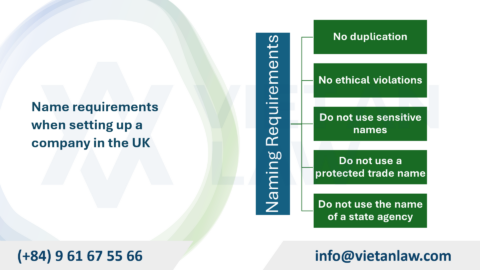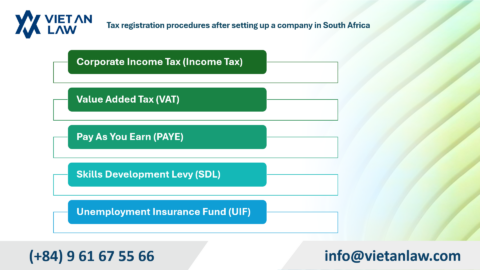Poland, a country located in the heart of Europe, is emerging as an attractive destination for international investors. Setting up a company in Poland offers many significant advantages, making it a potential business environment. Polish law offers many attractive incentives for foreign investors when registering to establish a company here. Viet An Law would like to guide customers through the procedures for establishing a company in Poland through the article below.
Table of contents
Poland, as a member of the European Union (EU), adheres to the principles of free movement of capital and freedom to establish businesses within the bloc. This means, essentially, that investors from EU member states are free to invest in Poland without encountering barriers or the requirement to obtain an investment license in advance. Similarly, Poland also has open-door regulations for investment from non-EU countries, although there may be certain restrictions in some specific sectors.
The principle of freedom of investment is a fundamental concept in the international economy, emphasizing the right of foreign investors to freely carry out investment activities in other countries without hindrance or discrimination.
This principle is protected and promoted through many international trade and investment agreements, as well as enshrined in the laws of many countries. The main goal is to encourage international investment flows, thereby promoting economic growth and job creation. However, it should be noted that the principle of freedom of investment is not absolute. Countries still have the right to apply measures to restrict foreign investment in some special cases, in order to protect national security, maintain public order or protect the environment.
Consider the following factors to make the most suitable choice:
Popular types of companies in Poland include Sp. z o.o. (Limited Liability Company), S.A. (Joint Stock Company), Spółka Jawna (Partnership), and many others. For foreign investors, Sp. z o.o. is usually the most preferred choice.
After choosing the type, you need to determine the following basic factors:
https://migrant.poznan.uw.gov.pl/en/slownik-pojec/national-court-register-krs
The process of incorporation and registration of a company in Poland, according to the Commercial Companies Code, consists of 6 main steps to form a new legal entity and put it in the Polish Register of Companies (KRS).
The first stage is the drafting and signing of the Charter of Establishment by all shareholders.
Shareholders can sign the Charter of Incorporation by hand at the notary office or by electronic signature (or through the ePUAP platform) on the online registration portal. Shareholders can also authorize a representative or lawyer to do this. After the charter is signed, you need to carry out the charter notarization procedure.
In the traditional registration process is to submit documents directly, the second step is to contribute capital to the charter capital of the newly established company). However, for online registration, this step can be done at the end of the incorporation procedure.
The capital contribution is usually made by transferring the money agreed in the company’s articles of association in PLN (Polish Złoty) or other foreign currency to the company’s bank account.
The third stage is the appointment of the company’s Management Board, which may include one or more members (Directors). Typically, each Director will be the legal representative and authorized signatory of the company. Their powers and obligations are usually stipulated in the company’s charter.
The appointment of Management can be done in two ways:
After completing the above steps, you proceed to submit an application for registration of company incorporation in the National Register (KRS). The list of documents to be prepared includes:
Depending on the application method (in-person or online), the application along with all required documents will be submitted through the PRS System or the S24 Portal. The registration process through S24 is usually faster (about 48 hours), while registration via PRS can take between 1 and 3 weeks.
Once the company is registered, you need to fulfill some post-registration legal obligations.
Basic post-registration obligations typically include:
You need to open a bank account at one of the banks in Poland to contribute capital (if you have not already contributed capital) and operate.




